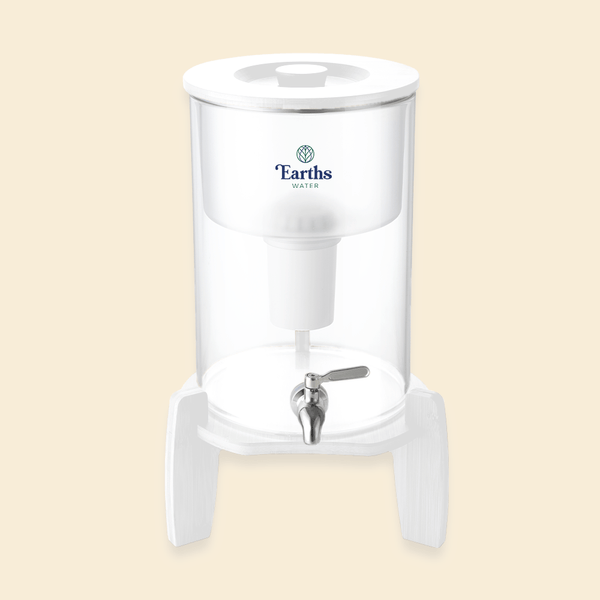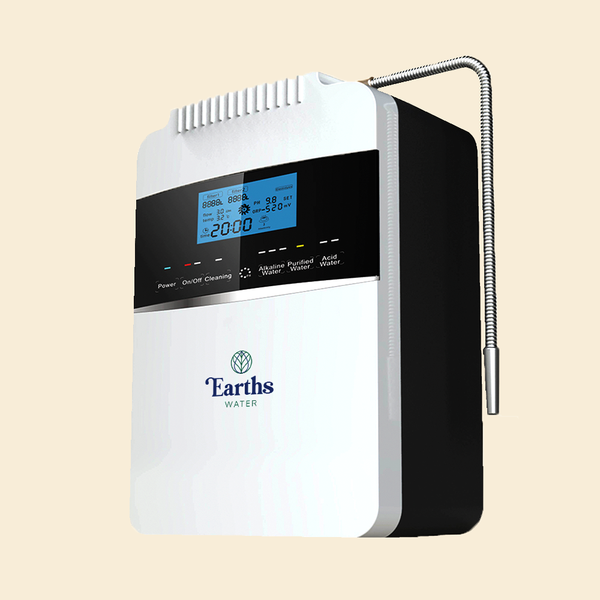
Whether you’ve just picked up the keys to your first place or you’ve been around the block a few times, there’s one thing you might not have thought much about: the quality of your water. Sure, it comes out of the tap looking fine, but have you noticed your trusty dishwasher or kettle starting to underperform? Maybe your washing machine’s suddenly doing a half-baked job on your favourite clothes?
Before you start pointing fingers at dodgy manufacturers who "don’t make them like they used to," let’s talk about water quality. If you’ve ever spotted a chalky white residue around your taps or shower head, chances are you're dealing with hard water, and trust us, your appliances aren’t loving it.
What Is Hard Water, Anyway?
Before we get too far, let’s break it down: hard water is simply water that contains higher levels of minerals, specifically calcium and magnesium. In many parts of Australia—South Australia, Western Australia, we’re looking at you—hard water is a common headache.
Those minerals don’t just disappear. They leave behind limescale, that chalky stuff you’ve probably scrubbed off your taps or noticed gunking up your kettle. When it starts building up inside your appliances, things get messy. Over time, limescale can clog up components, reduce efficiency, and force your beloved gadgets into early retirement.
According to the Water Quality Association (WQA), hard water can significantly reduce the lifespan of your appliances, from dishwashers to washing machines. This buildup of minerals like calcium leads to increased energy consumption and strain on appliances, making them wear out faster.

Appliances Affected By Hard Water
You might be wondering, “Which of my hard-working household buddies are suffering in silence?” Well, let’s take a closer look at the usual suspects.
Dishwashers
Dishwashers are one of the biggest victims of hard water. Ever noticed spots or a cloudy film on your “clean” dishes? That’s hard water at work. The minerals interfere with the detergent, making it less effective, and cause soap scum to build up inside the machine.
Over time, this buildup doesn’t just affect the appearance of your dishes—it can also clog the pipes and spray arms, leading to costly repairs or the need for a premature replacement. Consumer Reports suggests that using softened water can help dishwashers work at their best.
Kettles and Coffee Makers
There’s nothing quite like a morning cuppa, but when hard water enters the picture, your kettle or coffee maker may not last as long as you’d hope. The heating elements in these appliances are particularly prone to limescale buildup, which not only affects the taste of your water or coffee but also reduces the appliance’s efficiency. And we all know how important efficiency is when you’re just trying to make a decent cup of coffee to start the day!

Washing Machines
Much like dishwashers, washing machines are another appliance that suffers in silence from hard water. That white residue you might spot on your freshly washed clothes? You guessed it—limescale. And it’s not just your clothes; the same buildup can coat the internal components of the washing machine, making it work harder than it needs to. This leads to decreased energy efficiency, longer wash times, and overworked motors.
Showers and Taps
While you might not think about them as “appliances,” your showers and taps are definitely impacted by water quality. The high mineral content in hard water can lead to visible scaling on shower heads and taps, causing reduced water pressure over time. Not the relaxing waterfall experience you had in mind, right?
Taps can also suffer from hard water buildup, particularly around the aerators, which are the small screens that sit at the tip of your faucet. This can lead to uneven water flow or even complete blockages if the scaling gets bad enough. The buildup can also make your taps harder to turn on and off, leading to wear and tear over time.
How Water Filters Can Save the Day

So, how do you protect your appliances from the havoc caused by hard water? The answer is simpler than you might think—water filters. By investing in a good water filter system, you’re not only improving the quality of the water you drink, but you’re also giving your appliances a break from battling against those stubborn mineral deposits.
Here are some of the best options available from Earth’s Water:
- 9L Glass Benchtop Alkaline Water Filter: This sleek filter not only looks stunning in your kitchen but also removes impurities, leaving you with clean, alkaline water that’s gentler on your appliances.
- 9L Multi-Filter Benchtop Alkaline Water Filter: A versatile option that tackles a wide range of impurities, ensuring your water is safe for both drinking and keeping your appliances in top shape.
- Under Sink Reverse Osmosis Water Filter: Perfect for homeowners looking for a more permanent solution, this under-sink filter offers high-level filtration, removing even the tiniest contaminants that can damage your appliances.
Benefits Beyond the Appliances
Now, you might be thinking, “Okay, so this is great for my appliances, but what’s in it for me?” Well, plenty—water filters offer a heap of benefits that go beyond keeping your dishwasher in tip-top shape.

Better Health
Clean, filtered water means you’re not just sipping on H2O; you’re enjoying pure hydration free from harmful contaminants. This can lead to better digestion, clearer skin, and an overall sense of well-being.
Environmental Impact
By switching to a water filter, you’re cutting down on single-use plastic bottles that often end up in landfills. It’s a small change that can lead to big results for Mother Earth!
A Simple Fix for a Happier Home
At the end of the day, dealing with hard water might feel like just another thing on your long list of to-dos, but trust us, it’s worth paying attention to. Your appliances work hard to keep your household running smoothly, and a little TLC with the right water filter can go a long way in extending their lifespan. Whether it’s your trusty kettle or your hardworking dishwasher, keeping them happy means fewer breakdowns, less frustration, and more efficiency.
So next time you hear your dishwasher struggling or spot that annoying limescale buildup, don’t curse the appliance—remember that it might be time to give your water quality a second thought. Cheers to clean water and happy appliances!









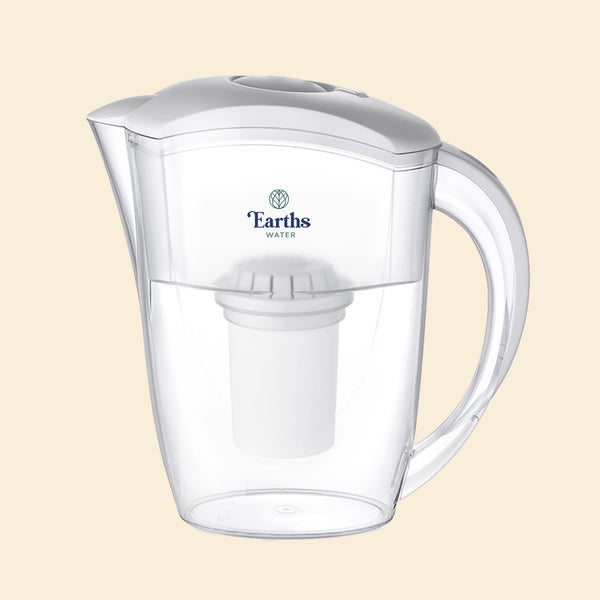
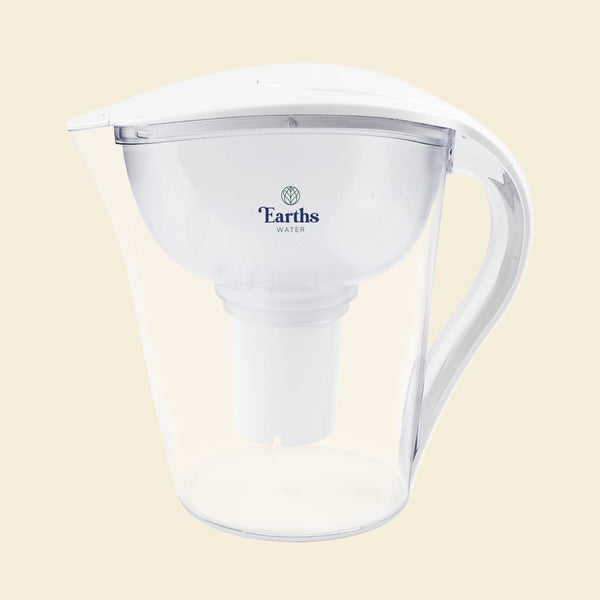
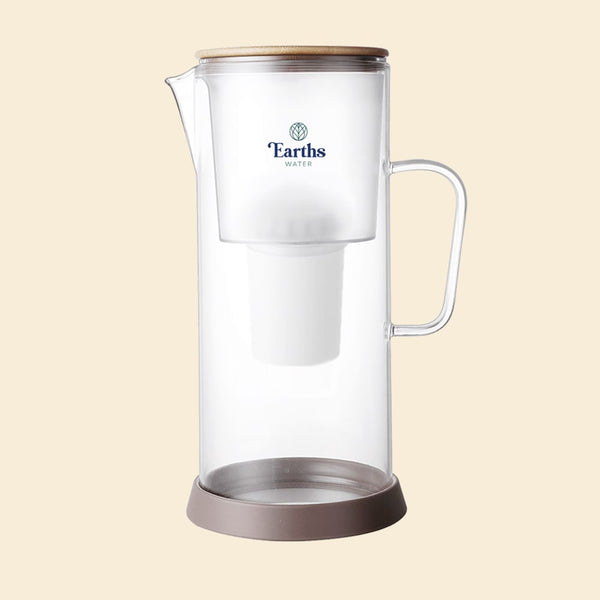
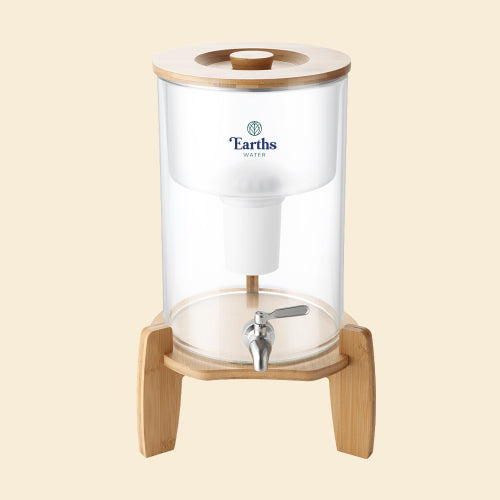
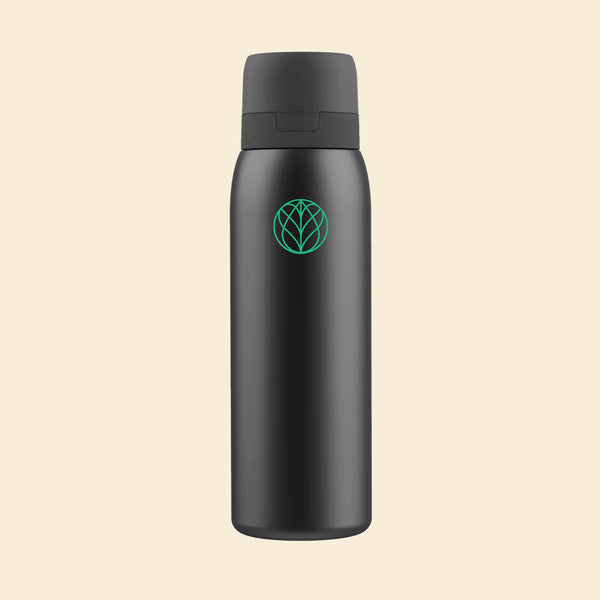
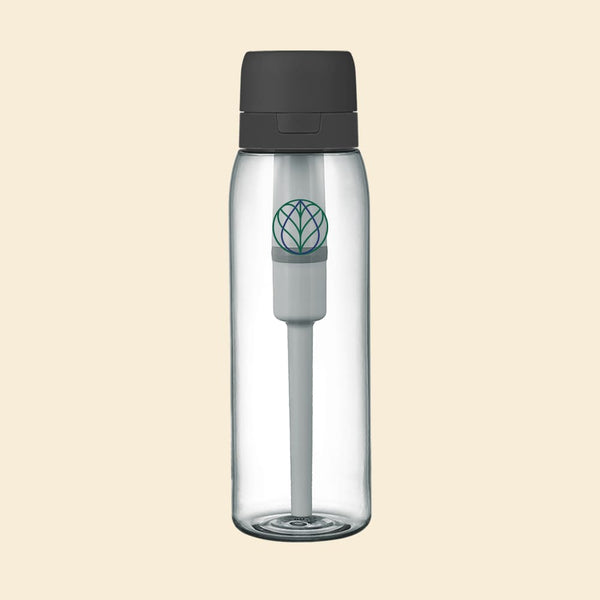
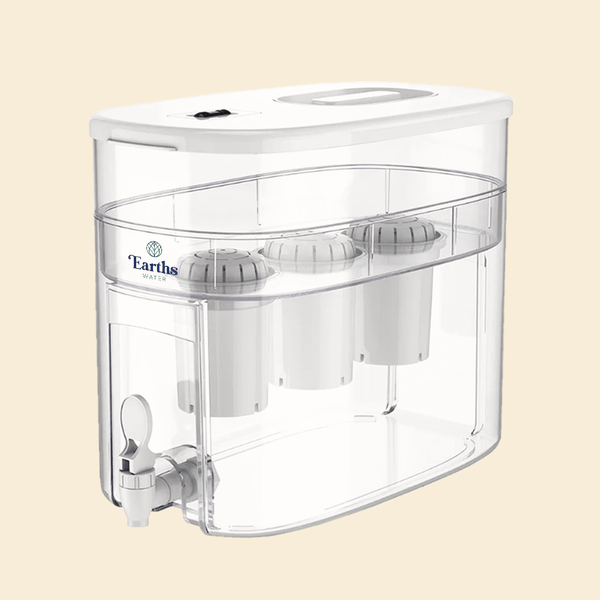
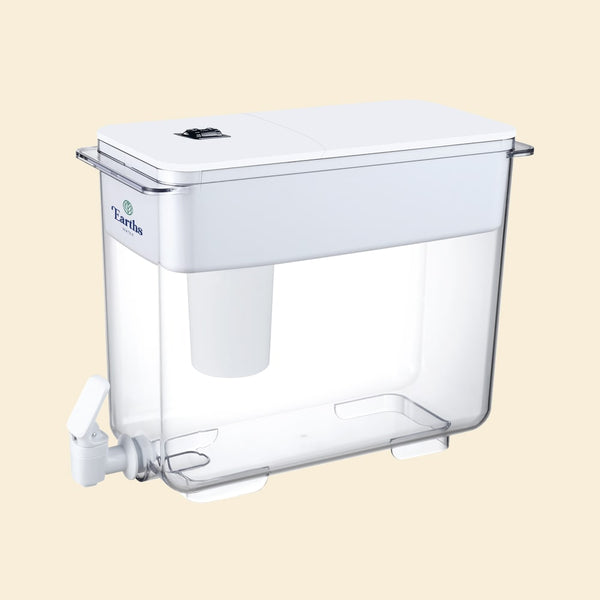
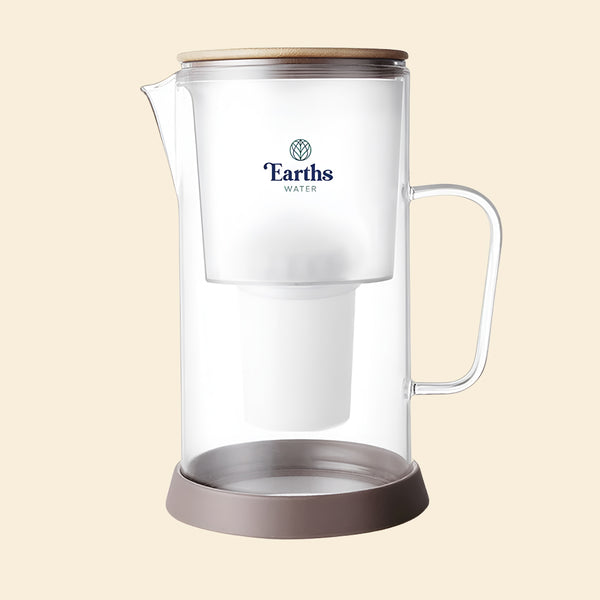
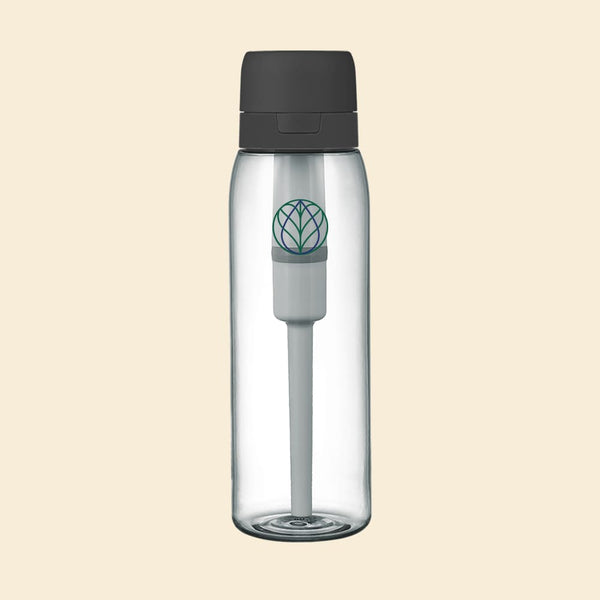
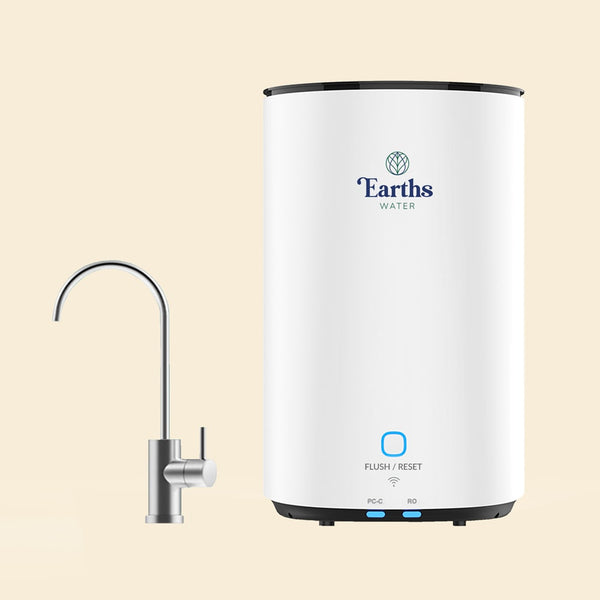
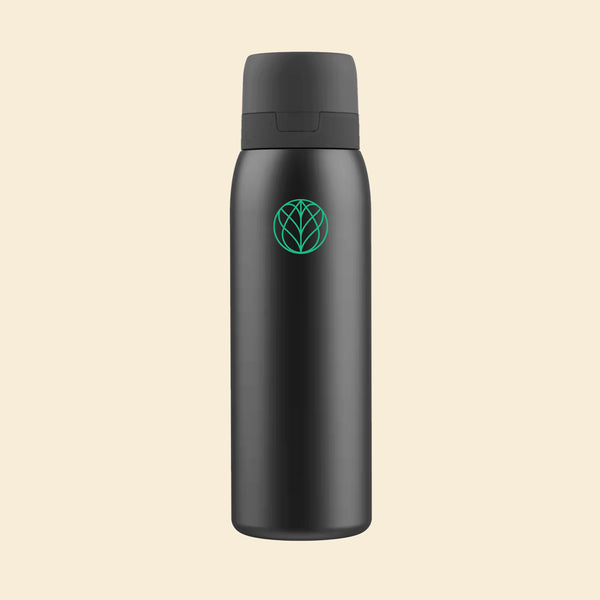
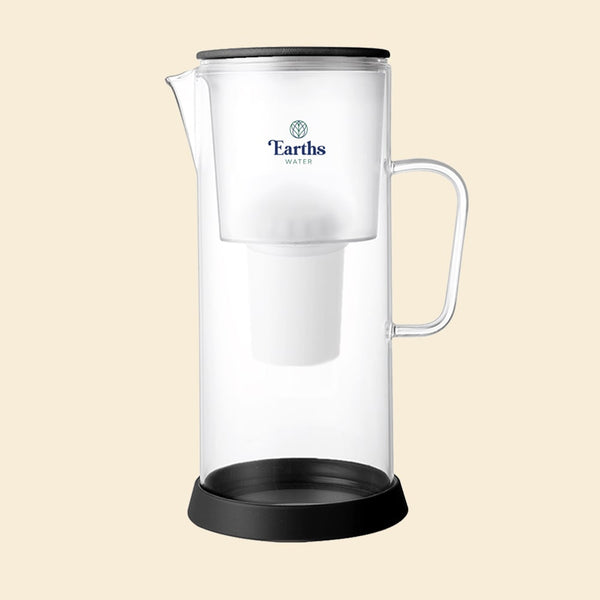
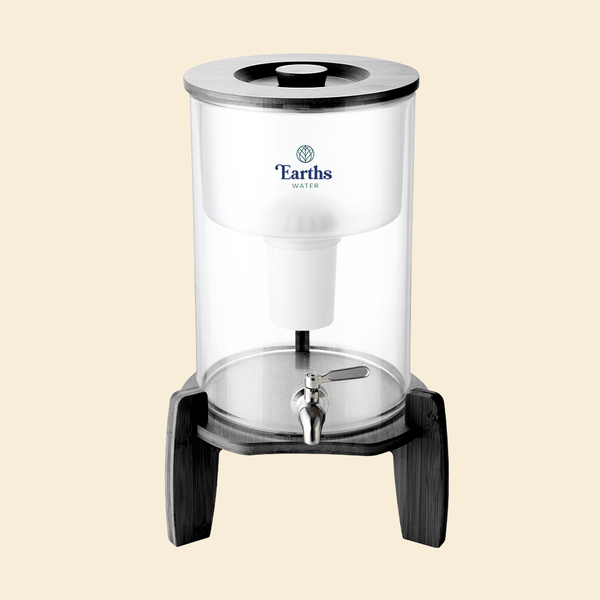
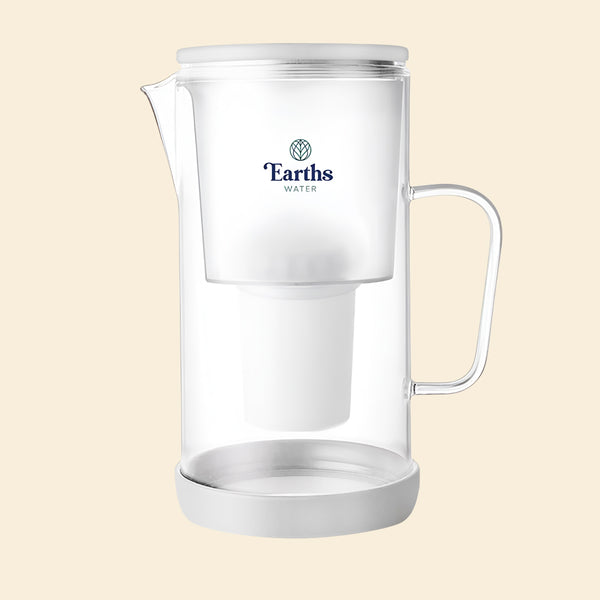
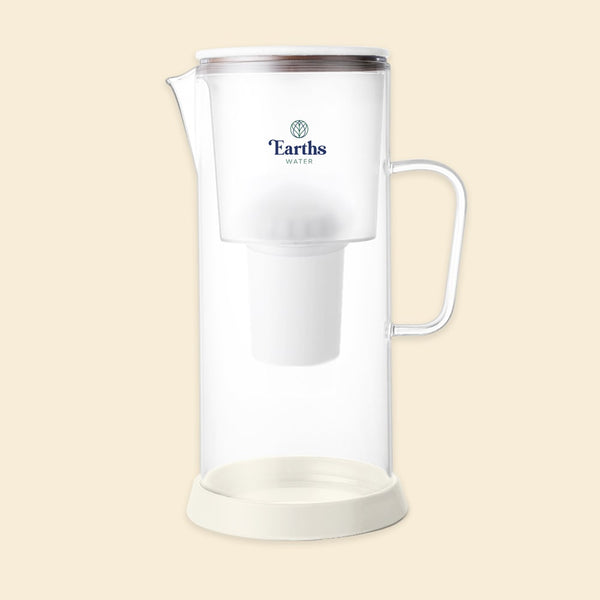
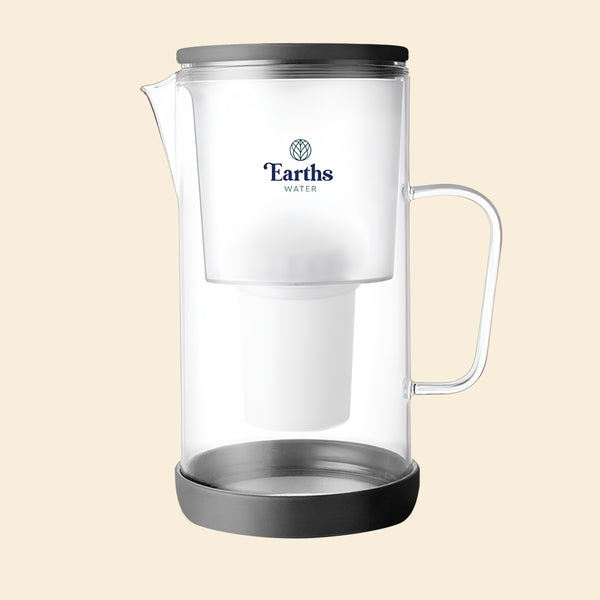
![9L Glass Benchtop Alkaline Water Filter - Eco Acacia [LIMITED EDITION]](http://earthswater.co.nz/cdn/shop/files/ACACIA-BENCHTOP-FRONT-BEIGE_600x600.png?v=1743392740)
